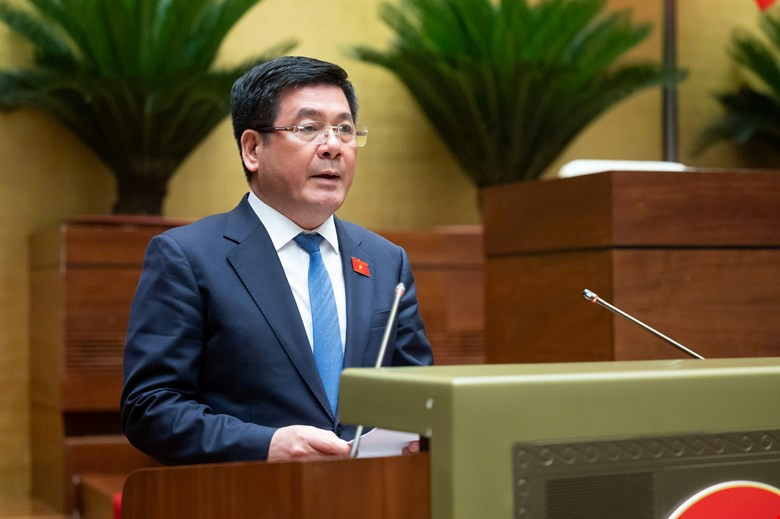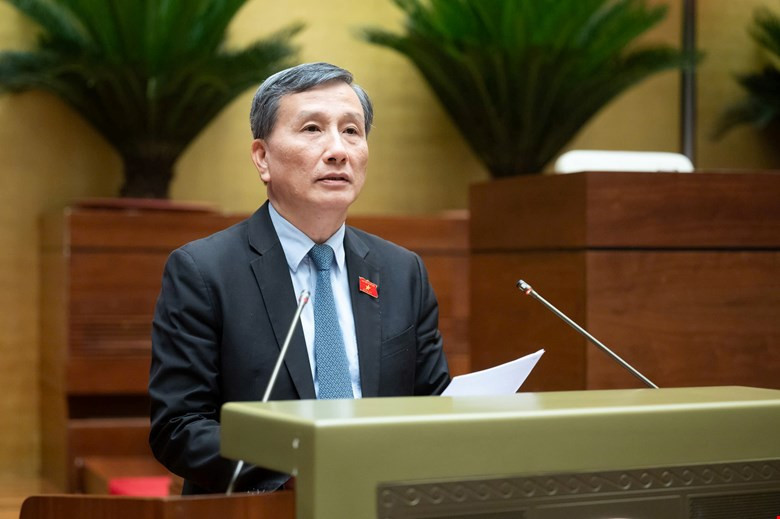
Minister of Industry and Trade Nguyen Hong Dien has emphasized that growing global environmental regulations – particularly from Europe and the U.S. – are impacting Vietnam’s GDP and approximately 20 million direct laborers. These changes highlight the urgent need for more efficient energy use across industries.
Speaking on May 5 during the presentation of the draft amendments to the Law on Efficient and Economical Use of Energy, Minister Dien noted that escalating climate change and environmental degradation have prompted tighter global emissions controls.
Stricter policies in major markets such as Europe and the United States are placing enormous pressure on Vietnam’s key export industries, including textiles, footwear, plastics, steel, electricity, electronics, and seafood processing.
“These regulations directly affect Vietnam’s labor force – about 20 million out of the total 52 million in 2023 – and have a tangible impact on the country’s GDP,” the minister stated.
Vietnam has committed to achieving net-zero carbon emissions by 2050. To meet this target, the government is pursuing a two-fold approach: transitioning energy sources away from fossil fuels and significantly boosting renewable energy capacity. At the same time, the country must enforce mandatory regulations to promote energy efficiency.
Minister Dien stressed that revising the law is essential to institutionalize the Party and State’s strategic directives, resolve real-world challenges, and align Vietnam’s energy framework with international standards and practices.
“Updating the Law on Energy Efficiency will enhance the competitiveness of Vietnamese enterprises in the face of new ‘green’ trade barriers,” he added. These include the European Union’s carbon tax and cross-border carbon adjustment mechanisms applied to exported goods and services destined for Europe, the U.S., and Japan.

Presenting the review report, Chairman of the Committee on Science, Technology, and Environment Le Quang Huy expressed general agreement with the proposed regulations, especially those concerning major energy-consuming establishments.
However, he urged the drafting body to clarify the feasibility of mandatory energy labeling for construction materials – an initiative requiring extensive standard systems, testing infrastructure, and incentive mechanisms.
Regarding the proposed establishment of a fund to promote energy-saving practices, the committee expressed basic support but requested clearer and more detailed regulations, especially concerning the fund’s formation, management, objectives, and financial mechanisms.
On the topic of energy service companies (ESCOs), the review committee noted that this model is still underdeveloped in Vietnam, lacking a legal framework and facing many operational challenges.
Therefore, the committee recommends adding regulatory definitions and management guidelines for ESCOs, along with investment incentives and government-issued implementation details.
The Vinh





